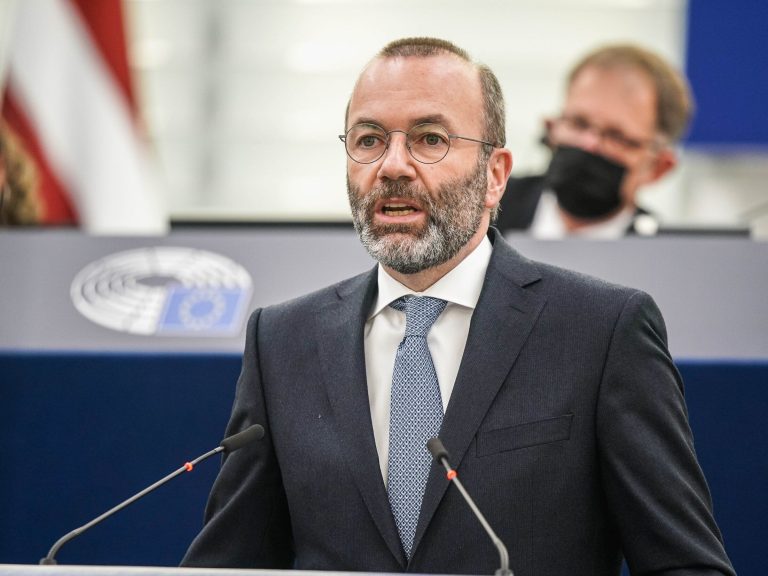Long-awaited changes in Belka's tax. The minister says when they may come into force

Minister Andrzej Domański assured that the ministry he heads is working on changes to the capital gains tax, commonly known as the Belka tax. It is known when they may enter into force.
Donald Tusk promised to waive the Belka tax during the election campaign. Quite soon after he took power, journalists began to hold him accountable for his intention to fulfill this promise. Minister of Finance Andrzej Domański has presented proposals for changes several times – but not the complete abolition of the capital gains tax. Today he repeated that the tax introduced two decades ago will be reduced “for a while” on January 1, 2025.
Belka's tax. When will the changes be made?
– The ministry is working on other tools that will support Poles' saving, said Minister of Finance Andrzej Domański during a live meeting with Internet users.
The Ministry does not want to abolish the tax, but only exempt income from investments over one year corresponding to the value resulting from the multiplication of PLN 100,000. PLN by the NBP deposit rate.
There would also be a tax-free allowance for investments in shares, bonds and investment funds, also calculated as the product of PLN 100,000. PLN and the deposit rate or its multiplier.
Belka's tax revenues are increasing
Considering how much Belka's tax revenues contribute to the budget, it is not surprising that the government does not want to part with it. According to data from the Ministry of Finance, in 2023 revenues from the so-called Belka's tax amounted to PLN 9.069 billion. That's 57.7 percent. more than in 2022, when PLN 5.752 billion was obtained in this respect. However, comparing last year's results with those from 2021, we see an increase of 118.4%. At that time, the amount was PLN 4.153 billion.
– Such a significant increase in Belka's tax revenues is due to two factors. First, interest rates. At the end of 2020 they were at the level of 0.1%, a year later they amounted to 1.75%, and after the next twelve months – 6.75%. Interest on savings accumulated in the accounts increased significantly, and as a result, the tax increased, based on interest. Secondly, the volume of savings in accounts. Wages are rising, which, along with the increased tendency to save, means that a large part of them remains in bank accounts. We are saving more to rebuild savings damaged during the pandemic. At the same time, the prudential factor is important – the unstable external environment – comments Dr. Marcin Mrowiec, chief economist at Grant Thornton.






